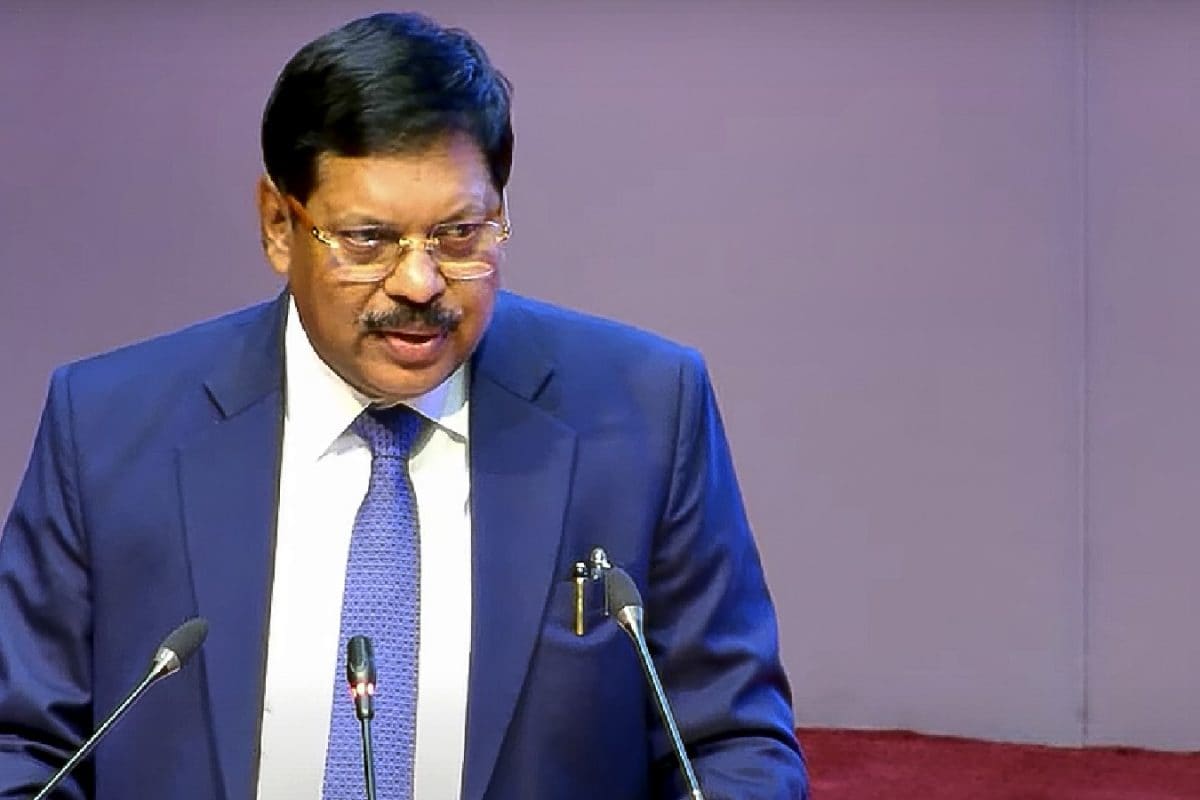

Chief Justice of India (CJI) Bhushan R. Gavai has been a vocal advocate for a balanced approach to technology in the judicial system, emphasizing that it should enhance, not replace, human judgment. His recent address at the School of Oriental and African Studies (SOAS) of the University of London, reiterated this stance, highlighting the irreplaceable values of discretion, empathy, and judicial interpretation in the pursuit of justice.
Justice Gavai's perspective comes at a crucial time, as courts worldwide are increasingly integrating technology to improve efficiency and access to justice. AI-driven solutions are transforming case management through digitization, automation, and real-time case tracking. AI-powered scheduling tools optimize case allocation, reducing administrative delays. The CJI acknowledged these benefits, noting India's successful adoption of hybrid video conferencing during the pandemic, which facilitated access to justice even in remote areas. The Supreme Court's initiative to translate judgments into regional languages was also lauded for making judicial decisions more accessible to a broader population, inspiring High Courts to follow suit.
However, the CJI has consistently cautioned against the potential pitfalls of over-reliance on technology, particularly Artificial Intelligence (AI). He has pointed out the ongoing global debates regarding the ethical use of AI in legal systems, highlighting concerns over misinformation, algorithmic bias, data manipulation, and breaches of confidentiality. Sensitive information, such as the identity of victims, must be protected from disclosure due to AI errors or lack of clear protocols. Recent cases have shown that AI tools can generate fabricated citations or biased suggestions if not properly regulated.
Justice Gavai has questioned whether a machine, lacking human emotions and moral reasoning, can truly grasp the complexities of legal disputes. Ethical considerations, empathy, and contextual understanding are essential to justice but cannot be coded into algorithms. He has also raised concerns about the increasing exploration of AI for predicting court outcomes, emphasizing that these elements remain beyond the reach of algorithms.
The "black box" nature of AI decision-making raises concerns about transparency and accountability. AI can provide decisions or predictions without explaining how it reached that conclusion, making its outputs difficult to scrutinize. This lack of transparency can undermine public trust in the judiciary. Moreover, if an AI makes an incorrect or biased decision, questions arise about who is held accountable and whether a party can appeal an AI's decision.
Several potential issues arise with using AI in judicial decision-making including diminished accountability of human judges, lack of expert knowledge of judges on this emerging technology, the questionable quality of AI outputs, challenges to transcribe legal texts into computable codes, inherent bias and discrimination in the algorithm, risk of manipulation of the system etc. An AI's actions cannot always be explained, hindering its acceptance in the legal context.
Justice Gavai has emphasized the need for human oversight, ethical guidelines, and robust training as integral to the implementation of technology in the judiciary. He believes that the Indian judiciary is well-positioned to develop homegrown ethical frameworks tailored to its constitutional and societal realities. He initiated a discussion with the Centre for Research and Planning of the Supreme Court to prepare a comprehensive note on the ethical use of AI and emerging technologies in the judiciary.
The CJI encourages civil society, legal aid institutions, governments, and law schools to work together to develop and promote technological models that are transparent, accessible, and inclusive. He stressed that access to justice is a shared national commitment, not solely the responsibility of the judiciary. He has also warned against prioritizing technology in the justice system, saying it would erode public faith in the judiciary. Courts must balance commercial pragmatism with the rule of law, ensuring fairness and accountability in the digital age.
Ultimately, Justice Gavai's message is clear: technology must serve as a tool to assist judges, not replace human deliberation. The emphasis must always be on using technology to enhance trust and transparency, never to replace the human conscience at the heart of justice.